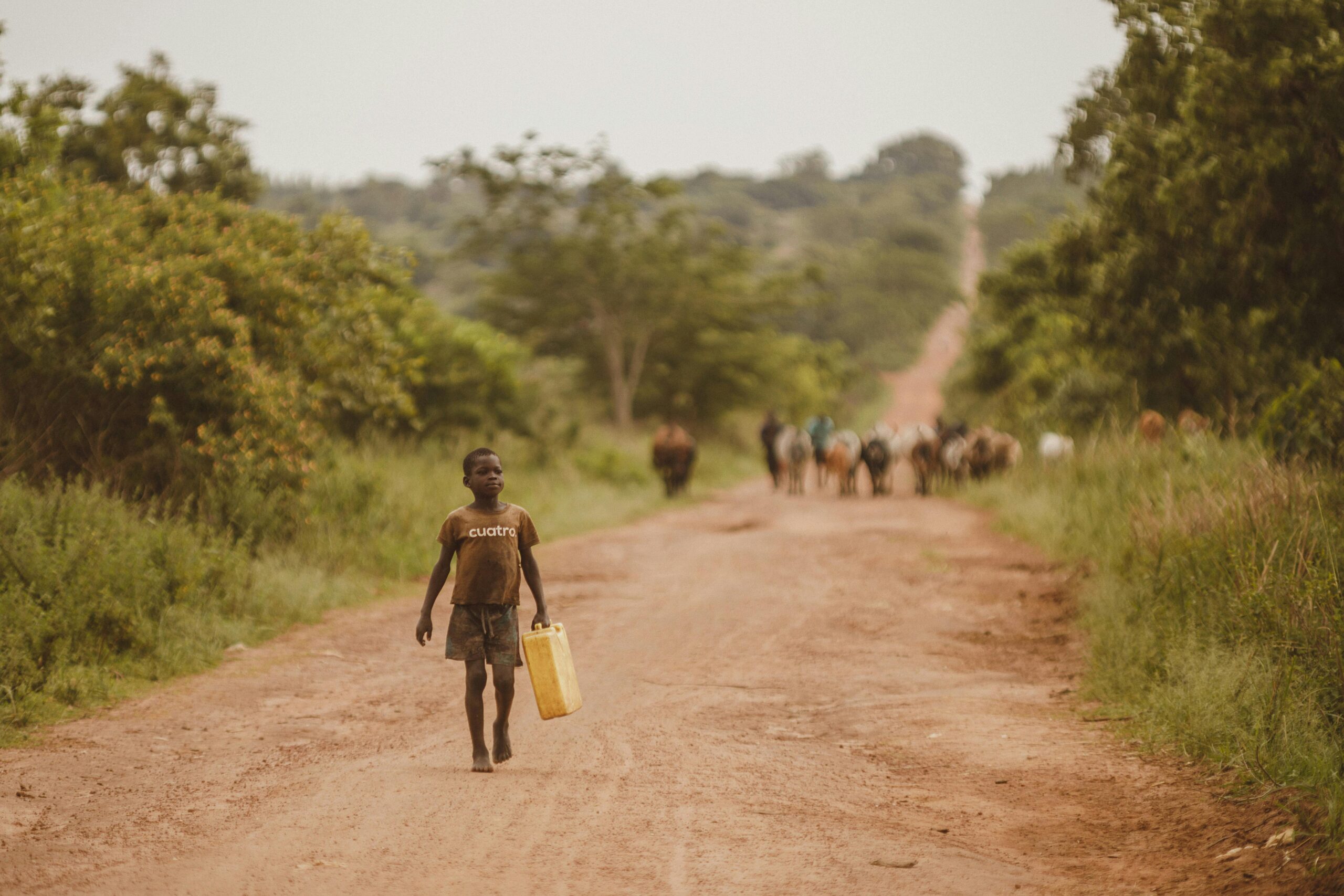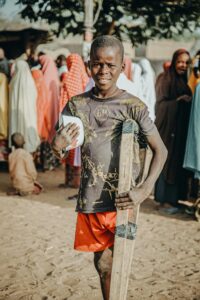Natural disasters pose significant threats to rural communities in Nigeria, often resulting in loss of lives, destruction of property, and economic hardships. Many rural dwellers lack awareness and preparedness strategies to mitigate the impacts of disasters such as floods, droughts, and wildfires. Educating these communities on natural disaster risks is crucial to enhancing resilience and ensuring safety.
Raising awareness about natural disasters can help communities in the following ways:
- Reducing Casualties and Property Damage: Knowledge of early warning signs and safety measures can save lives and minimize destruction.
- Enhancing Disaster Preparedness: Communities can develop response plans, build resilient structures, and store emergency supplies.
- Promoting Sustainable Agricultural Practices: Educating farmers on drought-resistant crops and soil conservation techniques can protect livelihoods.
- Encouraging Community-Led Responses: Empowering local leaders and volunteers to take proactive steps in disaster prevention and response.
Common Natural Disasters Affecting Rural Nigeria
- Floods: Heavy rainfall and poor drainage systems lead to devastating floods, displacing families and destroying farmlands.
- Droughts: Prolonged dry seasons affect water supply and agricultural production, threatening food security.
- Erosion: Soil degradation, often caused by deforestation and poor land management, leads to loss of arable land.
- Wildfires: Uncontrolled bush burning destroys crops, wildlife, and homes.
- Storms and Strong Winds: Severe weather conditions damage buildings and infrastructure, endangering lives.
To enhance disaster preparedness, the following measures should be implemented:
- Community Workshops and Training: Conducting educational programs on disaster prevention, response, and recovery.
- Early Warning Systems: Implementing affordable alert systems to inform communities about impending disasters.
- Improving Infrastructure and Drainage Systems: Constructing flood-resistant housing and enhancing water management practices.
- School-Based Disaster Education: Incorporating disaster awareness into the school curriculum to educate children from an early age.
- Sustainable Farming Techniques: Training farmers on soil conservation, irrigation methods, and climate-adaptive agriculture.
- Emergency Response Teams: Establishing local volunteer groups trained in first aid and evacuation procedures.
Adewumi Foundation is dedicated to equipping rural communities with the knowledge and resources needed to mitigate disaster risks. Our initiatives include:
- Organizing Disaster Preparedness Workshops: Educating villagers on recognizing warning signs and emergency response steps.
- Providing Emergency Relief Supplies: Supporting disaster-affected communities with food, shelter, and medical assistance.
- Advocating for Policy Changes: Working with local governments to improve disaster management and resilience strategies.
- Promoting Environmental Conservation: Encouraging afforestation and sustainable land-use practices to reduce erosion and flooding risks.
Education and preparedness are key to reducing the devastating effects of natural disasters in rural Nigeria. By empowering communities with knowledge and resources, we can build a safer and more resilient future.
Discover more from Adewumi Foundation
Subscribe to get the latest posts sent to your email.




